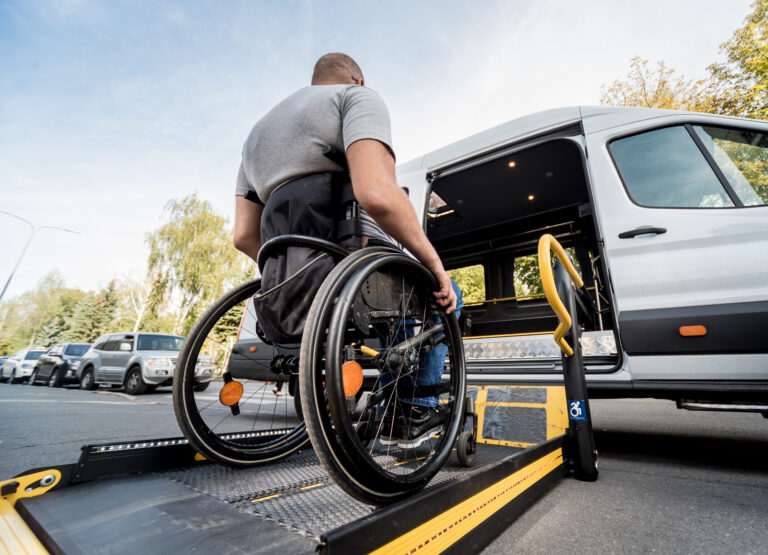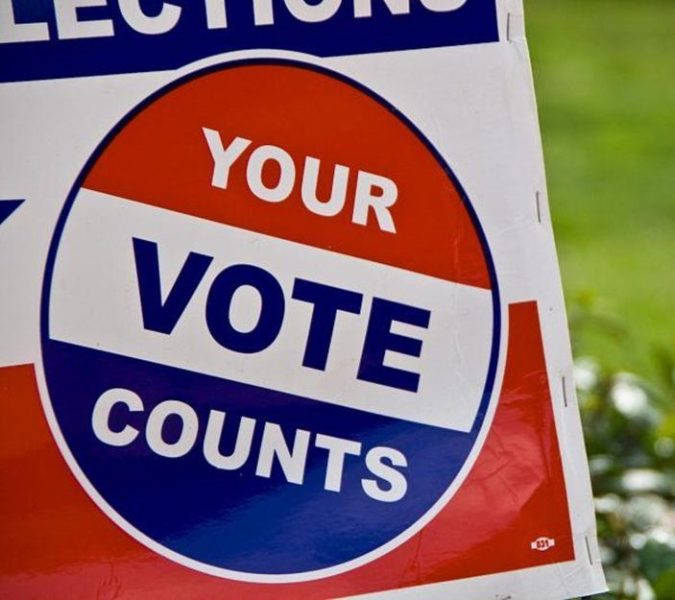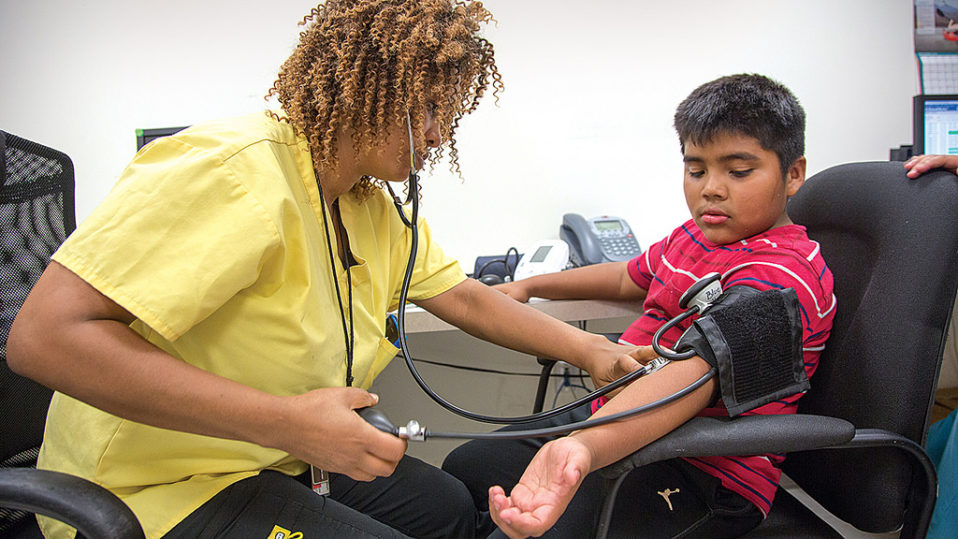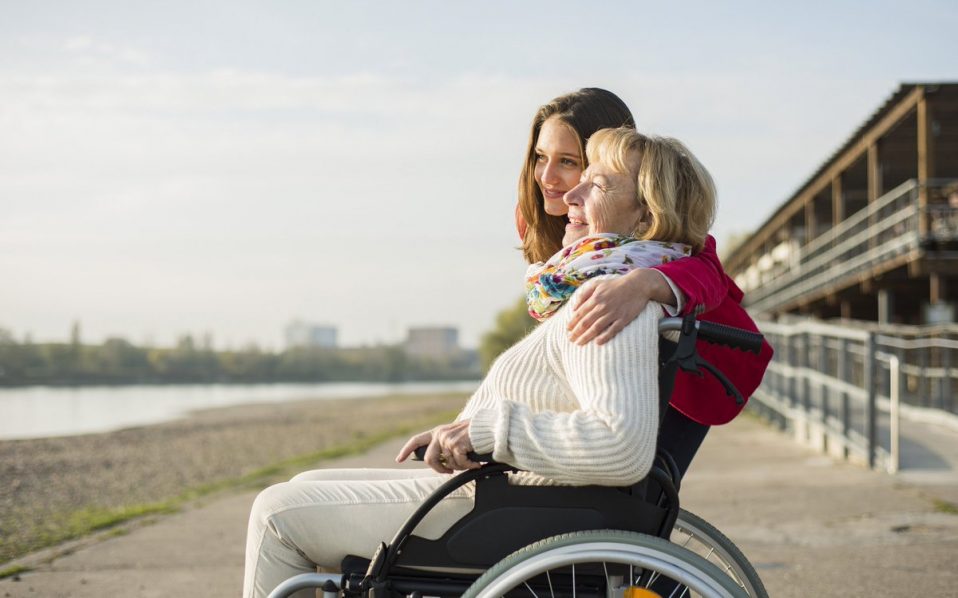DRM provides information, advice, training, and limited legal assistance on matters related to eligibility and rider rights to individuals with disabilities who need access to Maryland Transit Administration (MTA) Mobility paratransit services because they cannot use the bus, light rail or subway system. We are also involved in a lawsuit challenging certification and other MTA practices, with the goal of obtaining improvements for riders.
Resources:
MTA Mobility Rider Rights and Self-Advocacy Guide (coming soon)
MTA Mobility Eligibility Appeals Self-Advocacy Guide (coming soon)
Links:
Consumers for Accessible Ride Services (CARS):
https://www.facebook.com/CARSBaltimore/
Maryland Transit Administration (MTA) Mobility Website:
https://mta.maryland.gov/mobility
Washington Metro Area Transit Administration (WMATA) Accessibility Resources:
http://www.wmata.com/accessibility/
WMATA MetroAccess Website:
http://www.wmata.com/accessibility/metroaccess_service/
US Department of Justice ADA Complaints Website:
https://www.ada.gov/filing_complaint.htm
National Aging and Disability Transportation Center:
http://www.nadtc.org/
Disability Rights Education and Defense Fund ADA Transportation Topic Guides:
http://dredf.org/ADAtg/
Federal Transit Administration ADA Transportation Circular:
https://www.transit.dot.gov/regulations-and-guidance/fta-circulars/americans-disabilities-act-guidance-pdf
Federal Transit Administration 2016 Compliance Review of MTA Mobility:
https://www.transit.dot.gov/regulations-and-guidance/civil-rights-ada/mta-final-ada-report






